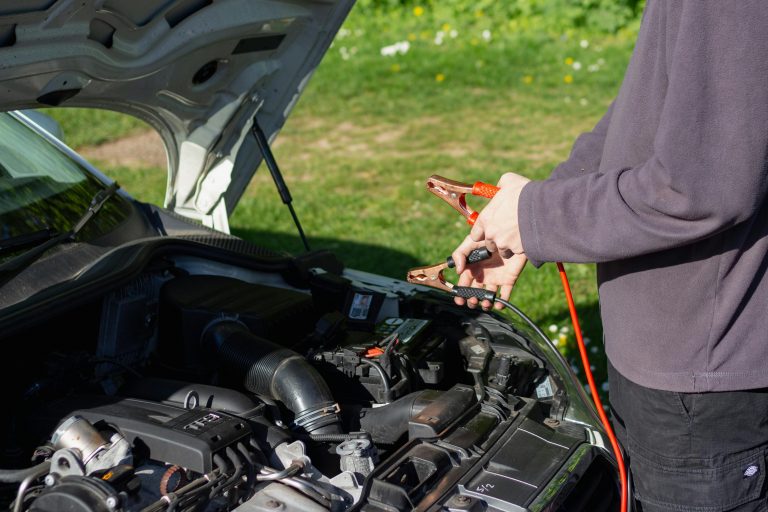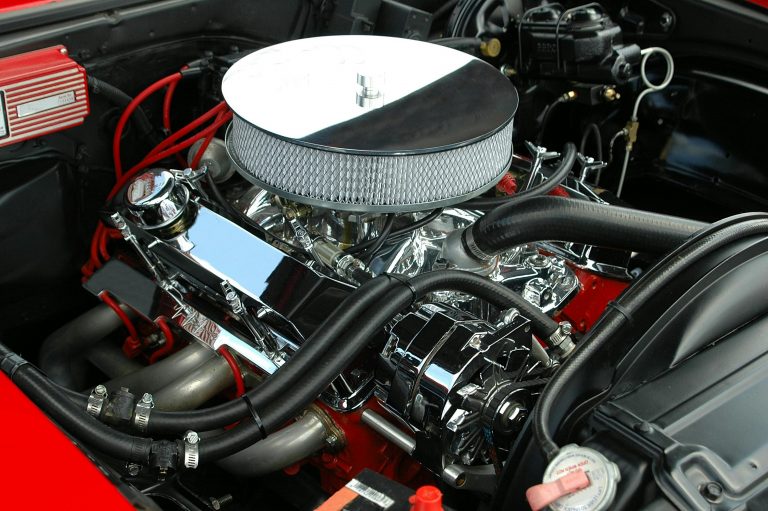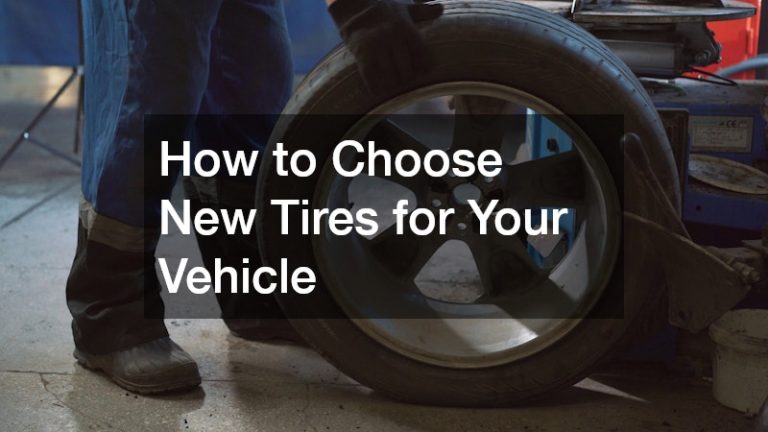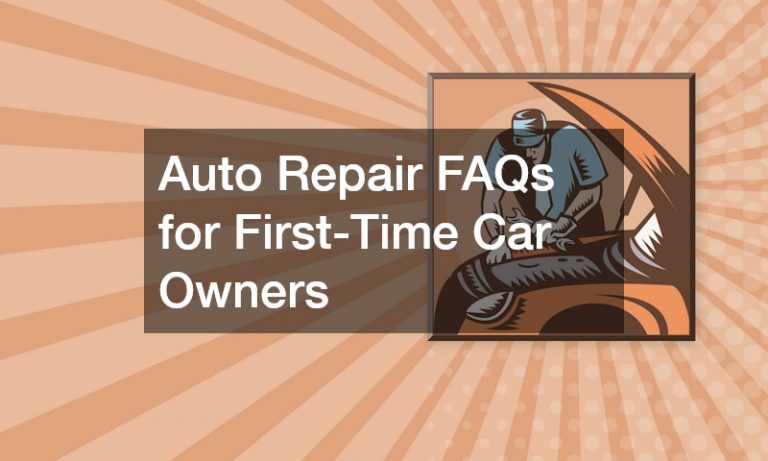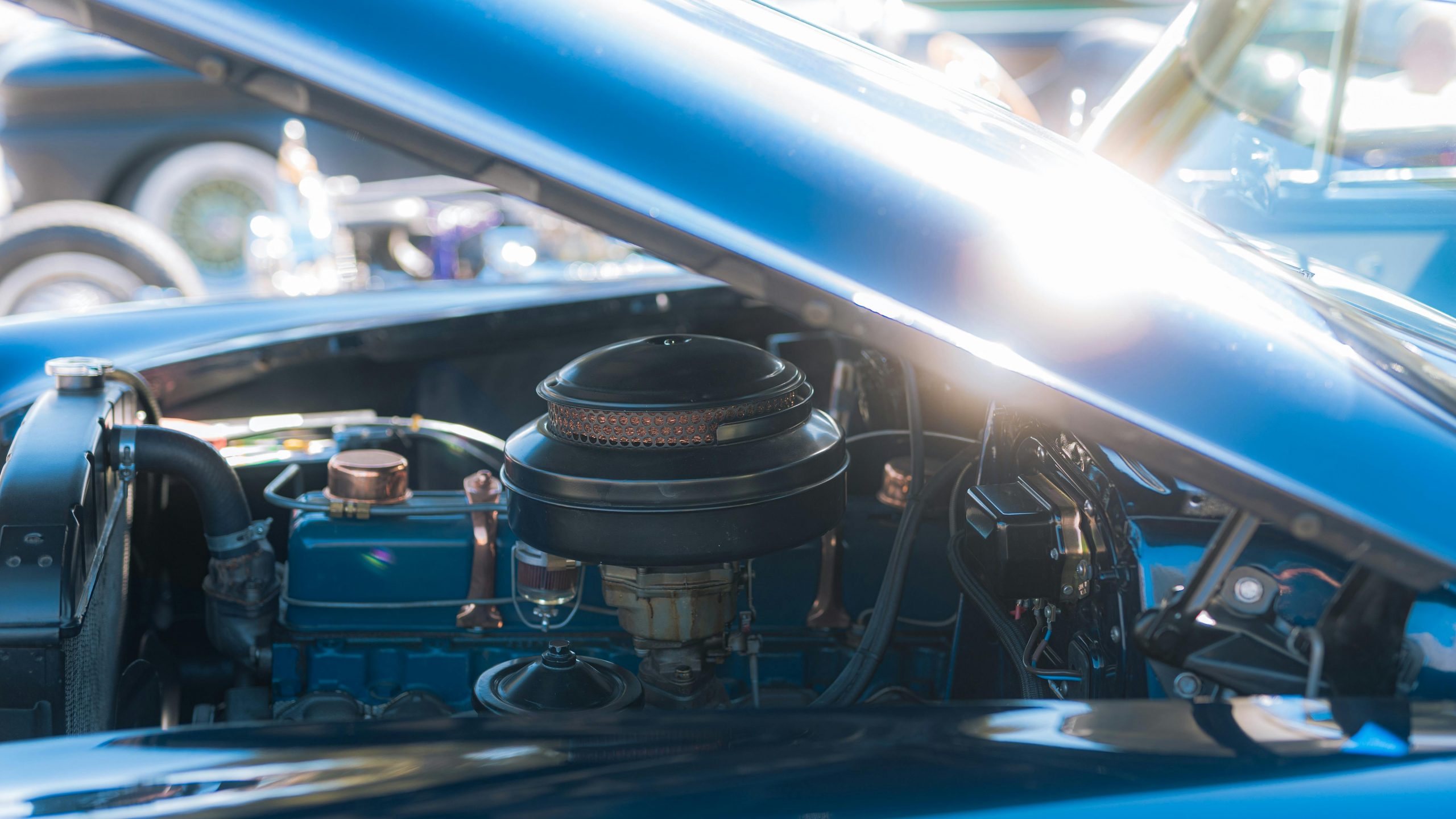

When you’re cruising in a muscle car, every sound matters. The rumble of a V8 at idle should be deep, steady, and smooth—not interrupted by a knocking sound that makes you question what’s going on under the hood.
So what does a knocking sound in the engine while idling actually mean? Is it something minor you can live with—or the first sign of major engine trouble?
In this guide, we’ll break down possible causes, what to listen for, and how to fix the issue before it leaves you stranded (or facing a full rebuild). Whether you’re driving a classic small-block or a modern EFI-tuned beast, this one’s for you.
What Kind of Knock Are You Hearing?
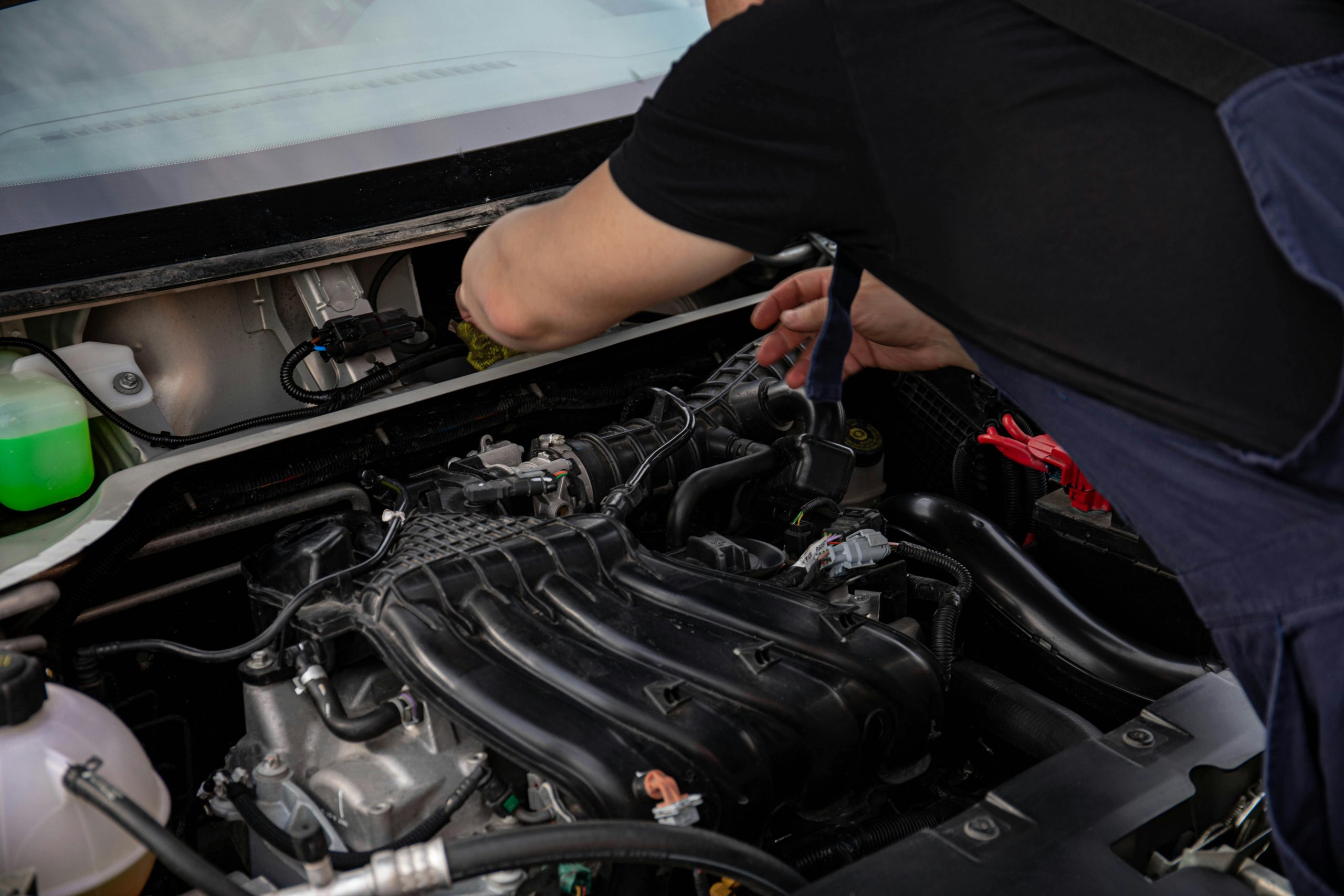
First things first: not all engine knocks are the same. A knock at idle can mean anything from poor fuel to worn internals. Knowing what kind of sound you’re dealing with helps narrow things down.
Common knocking characteristics at idle:
- Sharp tapping or pinging: Often from the top end—valvetrain or timing.
- Deep rhythmic knock: Usually bottom end—bearings, rods, or crankshaft.
- Random clatter: May be noisy lifters or piston slap.
- Consistent knock that goes away above idle: Likely idle-speed-specific wear or low oil pressure.
If the knock is present only at idle and disappears under throttle, that gives you a big clue. It likely has something to do with oil pressure, bearing clearance, or timing chain tension—not combustion detonation (which usually occurs under load).
1. Could It Be Low Oil Pressure?
Yes, and It’s a Common Cause
At idle, your oil pump is spinning at its slowest. If your oil is too thin or your pump is worn out, it might not deliver enough pressure to cushion bearings and lifters. The result? A low-speed knock that fades as RPM increases.
What to look for:
- Oil pressure gauge reads below spec at idle
- Knock is louder when engine is cold
- Knock fades as you rev the engine
- Thinner oil or overdue oil change
How to fix it:
- Check oil level and condition
- Use recommended viscosity—older engines might need 10W-40 instead of 5W-30
- Inspect oil pressure sensor (or test with a mechanical gauge)
- Change to high-zinc oil for older flat-tappet cams
Low oil pressure is common in high-mileage engines and can be especially problematic in muscle cars that get weekend-driven but rarely maintained as often as they should.
2. Is It a Rod or Main Bearing Starting to Go?
It Could Be—And That’s Serious
If you hear a deep, heavy knocking sound from the bottom end of the engine while idling, it could be a rod bearing or main bearing that’s worn out. At low RPMs, there’s just enough play to make noise. As RPM increases, the noise may fade—but the damage is still happening. In many cases, this type of engine knock is mechanical, not related to fuel or timing, and signals that your bottom end is in trouble.
Signs of bearing wear:
- Knocking at idle that worsens over time
- Low oil pressure at idle
- Metal shavings in oil
- Knocking doesn’t respond to fuel or timing changes
What causes bearing failure?
- Age and wear (especially in original or tired engines)
- Oil starvation
- Over-revving
- Running too-thin oil
- Improper torque or clearances during a rebuild
What to do:
- Drain the oil and inspect for metal
- Use a stethoscope to isolate the knock
- If confirmed, prepare for a bearing replacement—this may require pulling the engine
This is one of those problems where acting early can save the crankshaft. Don’t wait if you suspect a bearing is knocking.
3. Could It Be the Timing Chain?
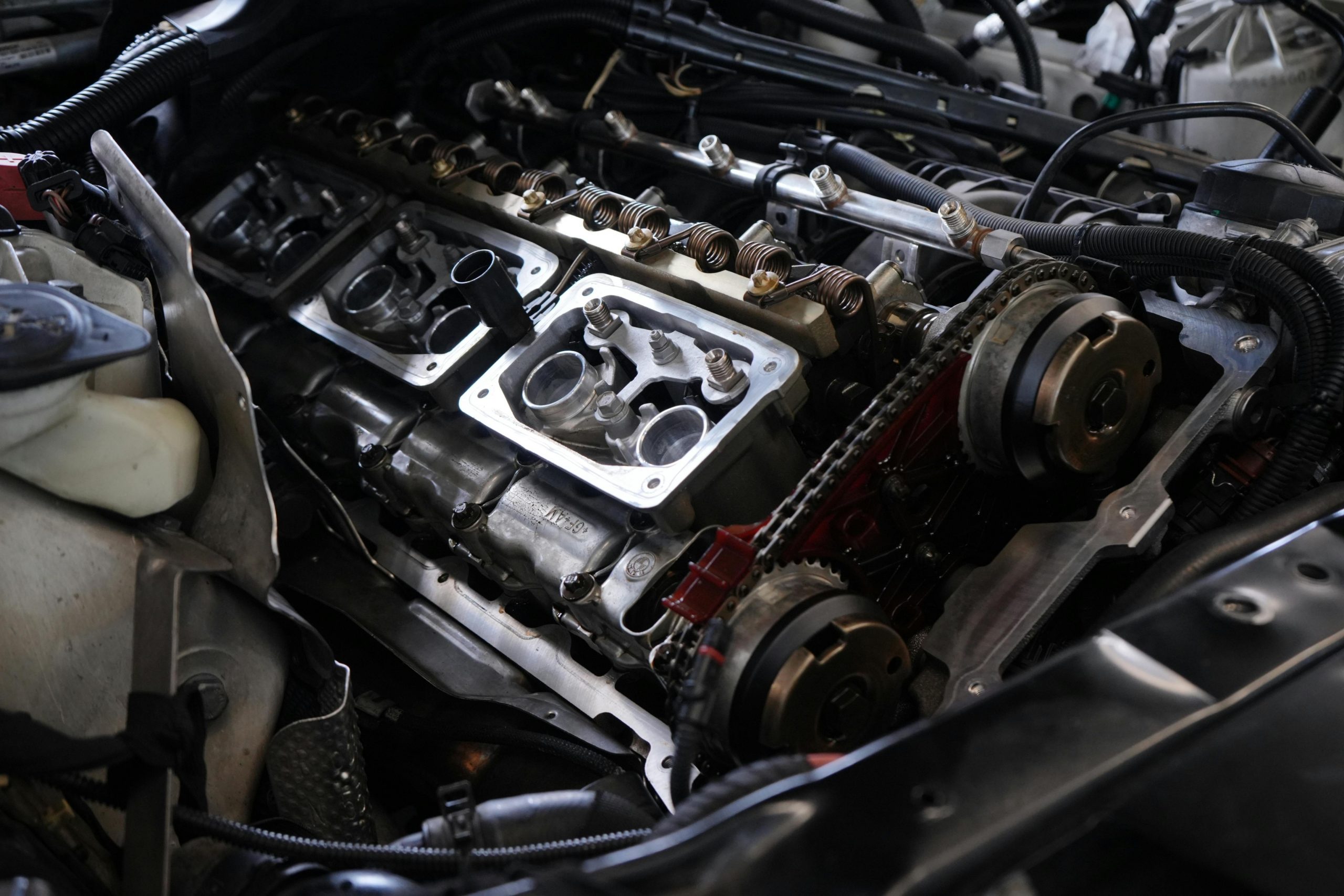
Absolutely—Especially in Older Engines
A loose or stretched timing chain can create a rhythmic knocking or slapping sound at idle. At higher RPMs, the chain tensioner might take up slack, and the noise disappears. This issue is more common in older small-blocks and big-blocks that still run timing chains with nylon teeth or worn guides.
Symptoms of a bad timing chain:
- Knocking at idle, fades at higher RPM
- Occasional misfires or timing issues
- Engine runs rough at low speeds
- Backfiring or hesitation
How to fix it:
- Pull the timing cover and inspect the chain
- Check for side-to-side play
- Replace chain, sprockets, and tensioner as a kit
In performance applications, consider switching to a double roller timing set for improved strength and durability.
4. What About Noisy Lifters or Valvetrain Issues?
Common in Classic Pushrod Engines
Flat-tappet lifters, hydraulic lifters, and rocker arms all rely on clean oil and proper adjustment. If your valvetrain is out of spec, it can produce a light tapping or knocking sound that’s most noticeable at idle or on startup.
What causes valvetrain knock:
- Worn lifters or pushrods
- Lash out of spec
- Dirty or low oil
- Collapsed hydraulic lifters
Symptoms:
- Light, rhythmic tapping from the top end
- Consistent sound that follows engine speed
- Misfires or rough idle in severe cases
How to address it:
- Adjust valve lash if your engine allows
- Check for stuck lifters or worn rockers
- Use a high-zinc oil for older flat-tappet setups
- Add oil additive or cleaner to loosen sticky lifters
5. Could It Be Detonation?
Rare at Idle, But Still Possible
Engine knock from detonation usually occurs under load, not at idle—but there are rare cases when hot spots in the combustion chamber can cause low-speed pre-ignition.
Conditions that could trigger idle detonation:
- Excessive carbon buildup
- Overly advanced timing
- Hot spark plugs or lean idle mix
What to do:
- Run a top-end cleaner (like Seafoam) through the intake
- Retard ignition timing a few degrees
- Inspect plugs and verify heat range
- Ensure your tune isn’t too aggressive
Modern EFI muscle cars will often pull timing automatically to prevent knock, but carbureted or standalone-tuned engines won’t.
6. Could It Be an Accessory or Loose Component?
Don’t Overlook the Simple Stuff
Not all knocking noises are internal engine issues. Sometimes, the noise you’re hearing at idle is coming from a loose pulley, accessory bracket, or exhaust rattle.
Other things to check:
- Loose harmonic balancer
- Worn serpentine belt tensioner
- Bad water pump bearing
- Header tubes tapping the frame or block
- Loose torque converter bolts (in automatics)
Always rule out external sources before diving into internal diagnostics.
When Should You Worry About the Knocking Sound in Engine While Idling?
If the knocking sound is:
- Getting worse
- Present when engine is warm and cold
- Accompanied by low oil pressure
- Deep and rhythmic from the lower block
…it’s time to take it seriously. Mechanical knock at idle is often an early sign of engine wear or failure.
The Bottom Line: Trust Your Ears
A knocking sound in the engine while idling isn’t something to ignore. For muscle car owners, especially those running older small blocks or big cubes, idle knock could be your engine’s way of crying out for help.
Whether it’s a simple fix like adjusting valve lash or something more serious like a worn bearing, catching it early can make all the difference between a quick weekend fix and a full teardown.
Listen close. Act early. Keep your ride strong.
